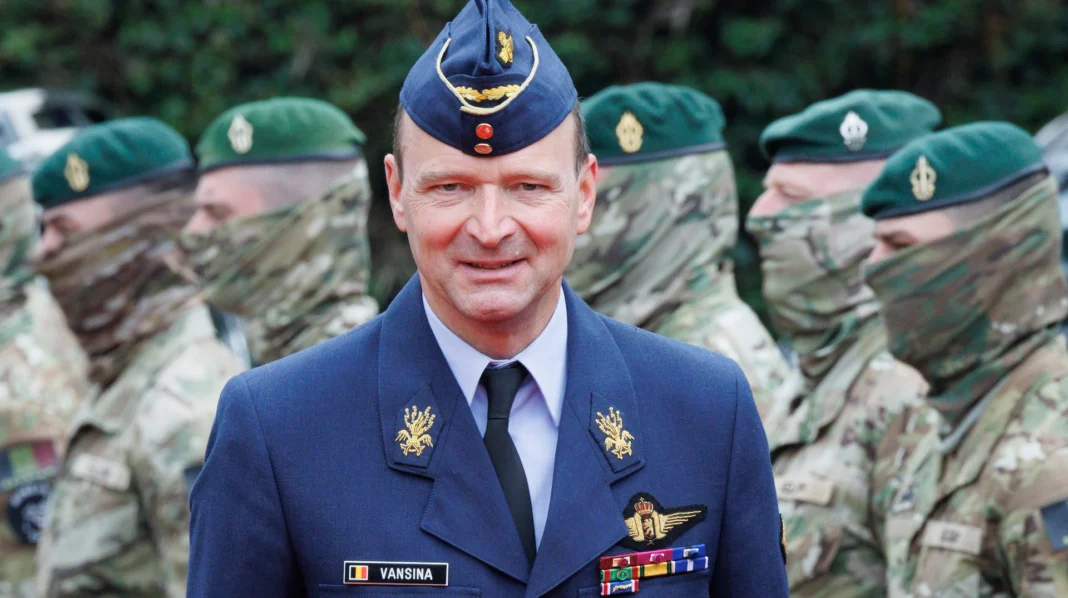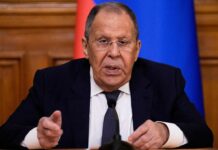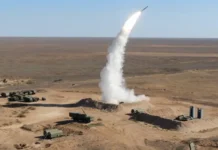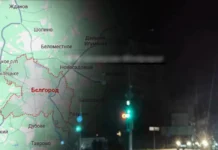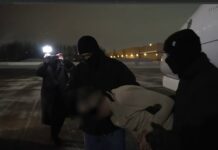Belgian army ordered to shoot down drones over its military bases - defence chief Vansina
Chief of Defence of Belgium Frederic Vansina said that army personnel had been authorised to intercept and shoot down unidentified drones spotted over the country's military installations. The announcement was made during the arrival ceremony of a new minesweeper in Zeebrugge.
What happened
Over the past few days, a series of drone flights over military bases have been recorded across Belgium, including over the airfield Kleine-Brogel. The incidents were repeated for several nights in a row and forced the deployment of helicopters and national services to respond. Local intelligence and police opened an investigation.
Why was this order given?
Vansina explained that the decision was made due to the risks of reconnaissance and possible discovery of the location of aircraft, ammunition stocks and other critical infrastructure. If the flights over the bases are repeated, the military has the right to «intervene» and neutralise the threat.
Accelerated programme to combat drones
The defence chief added that the national drone defence programme is being accelerated, and a plan will soon be presented to the Council of Ministers. Currently, the resources to combat such threats - detection systems, jammers and «drone guns» - are limited and need to be quickly reinforced.
International and security context
Europe is facing a wave of suspicious drone flights over military and civilian targets; similar incidents have been reported in neighbouring countries. Belgium has already spoken about speeding up the procurement and integration of detection systems into the national air safety network and creating a centre for data fusion.
Consequences and risks
Kinetic actions (destruction of drones) increase the risk of accidents and falling debris in populated areas, so the decision to use force must take into account the safety of civilians;
Rapid acquisition of equipment will require additional funding and coordination with civil air traffic authorities;
The identification of the operators and the origin of the drones remain key to the investigation and political response.
What's next
The plan to strengthen anti-drone measures is expected to be submitted to the government in the coming days, and the defence and security services will continue to coordinate with the police, the air surveillance agency and NATO partners. Journalists are awaiting details on the types of systems to be procured and the procedures for using force against drones.

